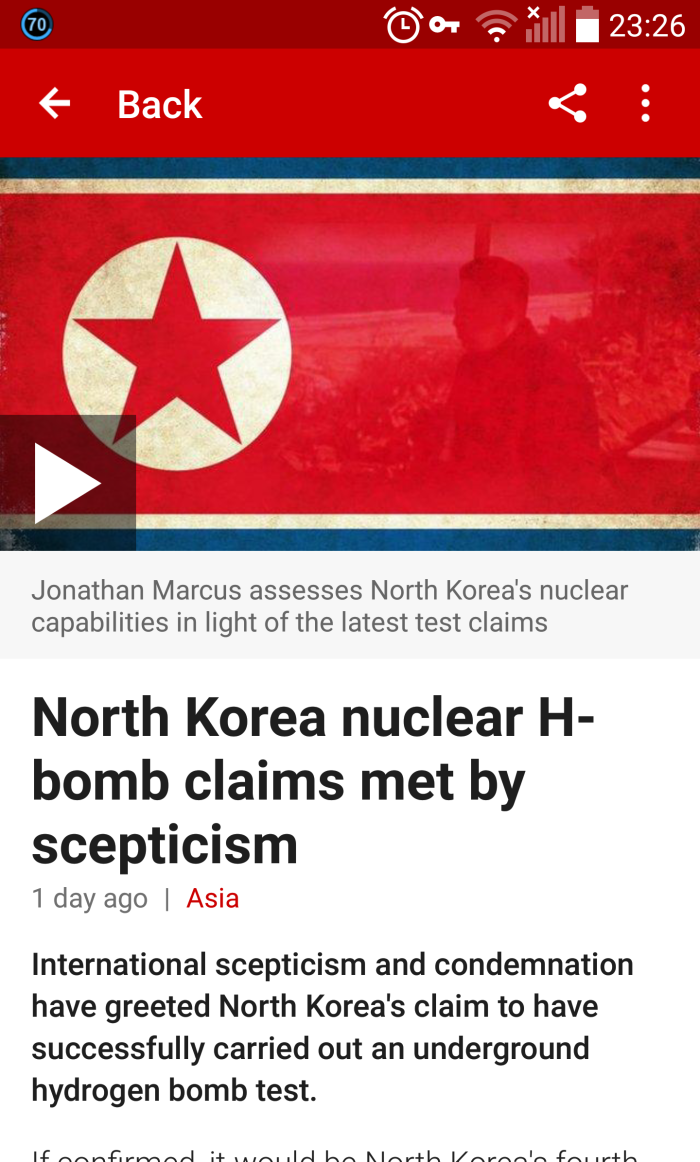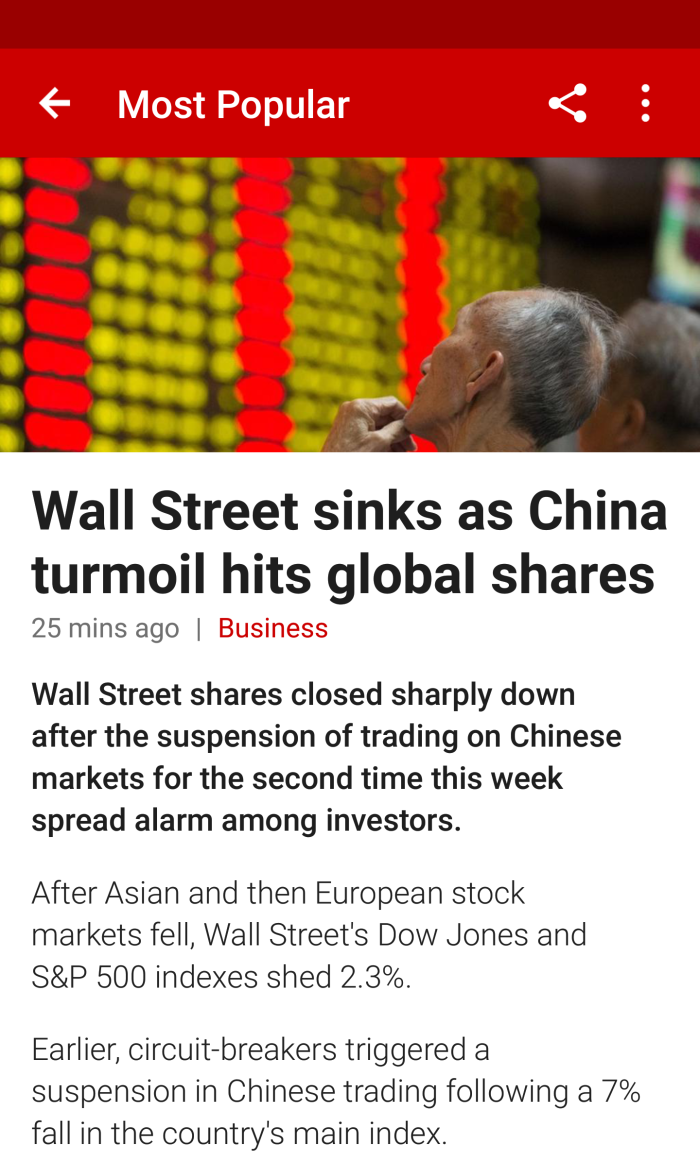North Korea kicks off 2016 with another provocative test of it’s nation’s nuclear abilities after supposedly testing a hydrogen bomb. A hydrogen bomb is bigger than an atomic bomb (which the world knew North Korea had already developed) and is achieved by nuclear fusion rather than fission and has a much more devastating effect.
Really, North Korea’s supposed test of a hydrogen bomb is the latest in a series of provocations that stretch back decades that the North attributes to self-defence against South Korea and the West (in particular the U.S.) but this may be one of the most serious and dangerous provocations yet. A hydrogen bomb is one of the most devastating nuclear weapons possible and it carries with it a dangerous prospect of a nuclear armed North Korea.
The North has never been known for being particualrly co-operative with the international community which resulted in the U.S. imposing sanctions against the dictatorship state in December 1950, when the United States initiated economic sanctions against the DPRK under the Trading with the Enemy Act
However, as the risk of a fully nuclear armed North Korea comes on the verge of reality the international community must decide how to deal with the increasingly provocative DPRK. China, Russia and the United States, together condemned the test as a “clear violation of (past) resolutions … and of the nonproliferation regime.”
The anger and danger were felt most in South Korea, which was split from the North seven decades ago.
“This is clearly a provocation and threatening the lives of people and safety,” South Korean President Park said. “We have been continuously warning that (North Korea) will pay a price for conducting a nuclear test.”
However, economic sanctions aside (which seem to harm the people of North Korea even further) and public condemnation, there is very little the UN can do to despose the North Korean dictatorship without the use of force which it’s clear North Korea wouldn’t take lying down and would escalate into full out war. Dealing with North Korea is a convoluted problem for the international community and up to now it seems they’re methods have done little to deter the dictatorship state, rather it has become increasingly provocative.

